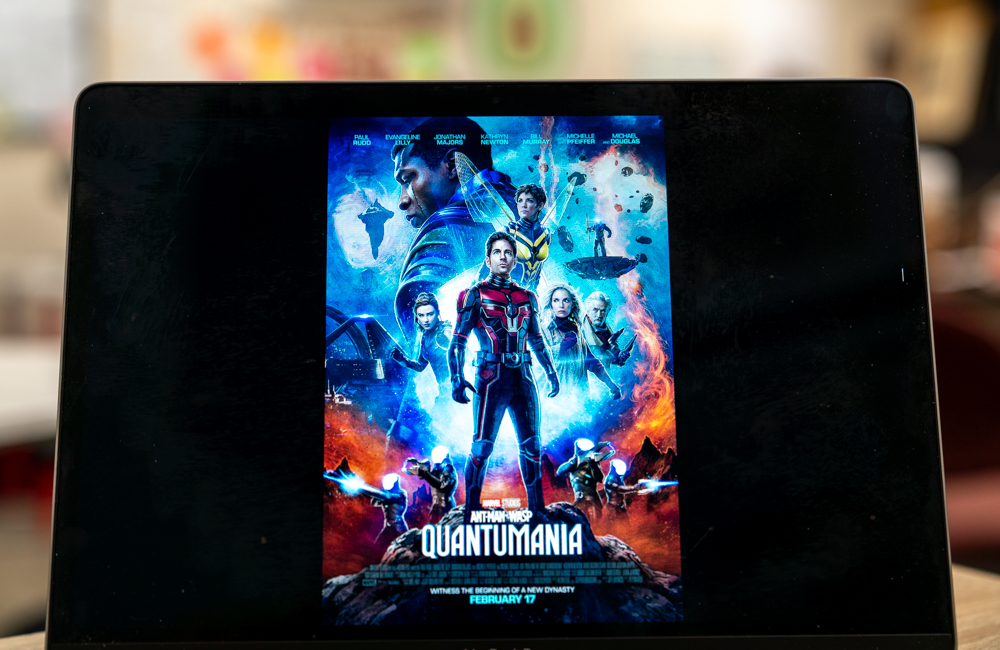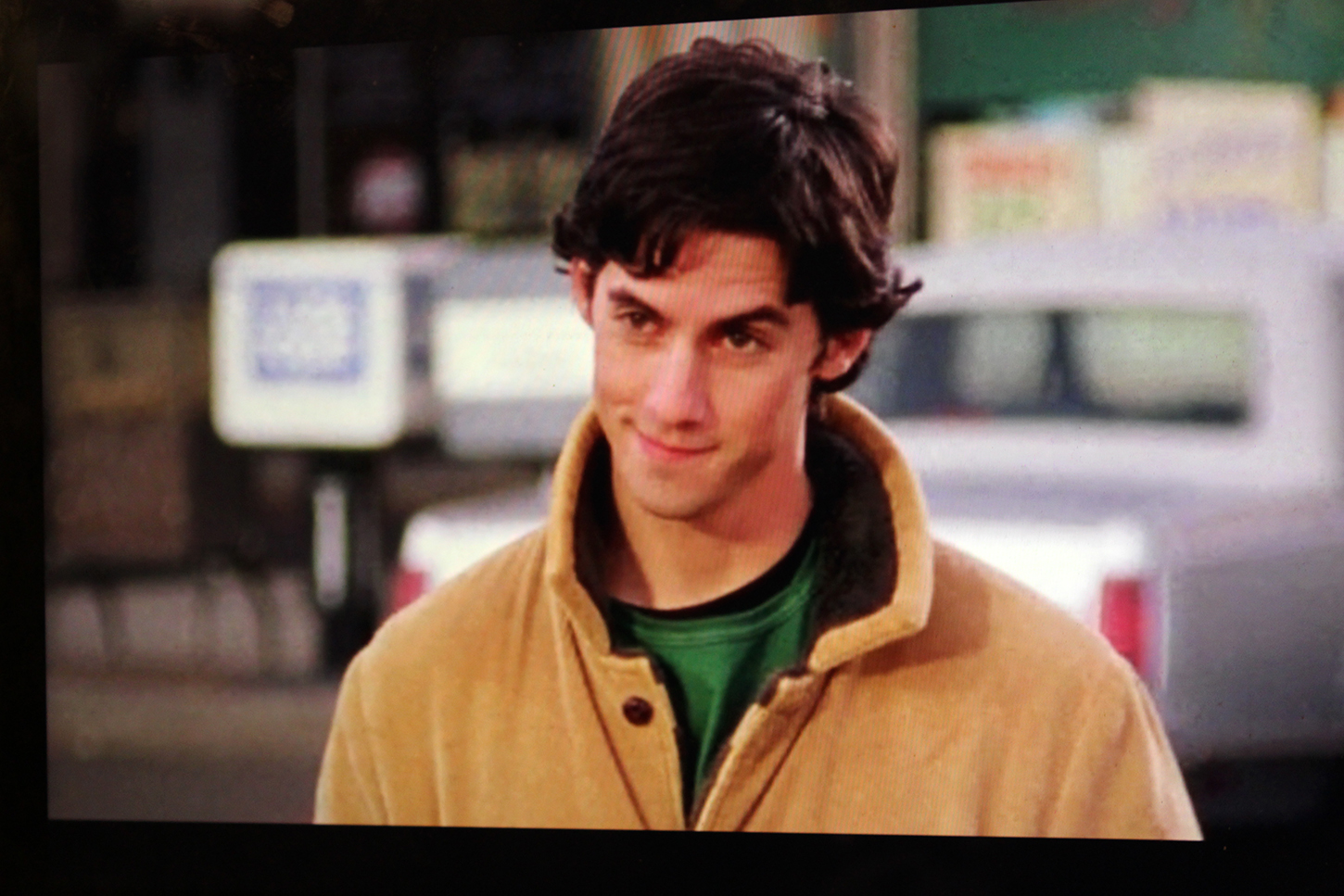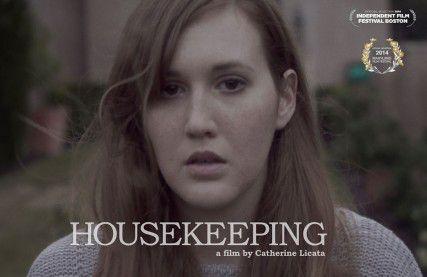Before last week’s screening of The Hunger Games, I asked several critics in the theater whether they had read the books. None of them had, and to be honest, I had yet to pick up a copy myself. After seeing director Gary Ross’s adaptation, I can say that it did little to entice me to start reading the novels (With that said, I went directly to Barnes and Noble after leaving the theater and read the first book within two days). It was not that the film was poorly made, but more so, that I viewed exactly what I expected and hoped from a Hollywood blockbuster.
It is easy to associate The Hunger Games with the likes of Harry Potter or Lord of the Rings as sci-fi literary wonders-turned-blockbusters. However, Collins’s narrative style allows her prose to more smoothly transition to film, whereas other adaptations struggle to adjust to another artistic medium. The immense and layered perspectives that characterize the worlds created by Tolkien and Rowling are often compromised in the films simply because of the inherent narrative differences between the two mediums. Because many of the novel’s subtleties are removed out of necessity, the film becomes an experience nearly incomparable to its literary source—a dilemma I did not see particularly applicable to The Hunger Games. This is not to say that other authors are necessarily more sophisticated or even better writers, but I hope speaks to how a film should or should not be compared to the literature that precludes it.
However, the film does not appear to take any excessive liberties, possibly out of fear of alienating its audience, which ends up providing mixed results. I thought the collaboration between Collins and Ross to work on the script was a great decision, integrating both the brevity of Collins’s writing with Ross’s talent for capturing heart-pounding action. The use of the unstable camera was particularly useful for emphasizing the action, as well as the volatile nature of Katniss Everdeen’s (Jennifer Lawrence) emotional and spiritual state.
It would also be inexcusable not to point out Lawrence’s outstanding performance in this movie; she was perfectly cast for the part. Similar to her performance in Winter’s Bone, Lawrence commands attention not through a chiseled Hollywood physique but rather through the convincing manner in which she portrays her desperate but confident character.
Yet, the film lacked depth and perspective in relation to some of the story’s more implicit social and moral dilemmas. Little information is given to the origin of Panem, the post-apocalyptic North America, now ruled by the Capital, a totalitarian government. It is possible that given the intended demographic of the novels, investing too much in the political and social conditions that eventually led to the Capital’s control would inevitably overwhelm more provocative elements of the story, namely the characters themselves. However, the film even threatens to make the suffering and eventual deaths of these children relatively insignificant. Though the rapid and quick pace makes great entertainment, this provides few opportunities to reflect on the individual impact and meaning behind each death. Instead of making these deaths truly horrifying and lucid, the result is a more family-friendly atmosphere, but without the profound emotion depicted in the book.
The Hunger Games is a satisfying Hollywood adventure, punctuated by a strong performance by Jennifer Lawrence. The direction and presentation was excellent, making it a movie that is a must see, particularly on the big screen. However, the film was unable, or perhaps unwilling, to focus on the moral features that the novel captures with such dignity and grace, leaving much to be desired for the eventual sequels.

























































































































